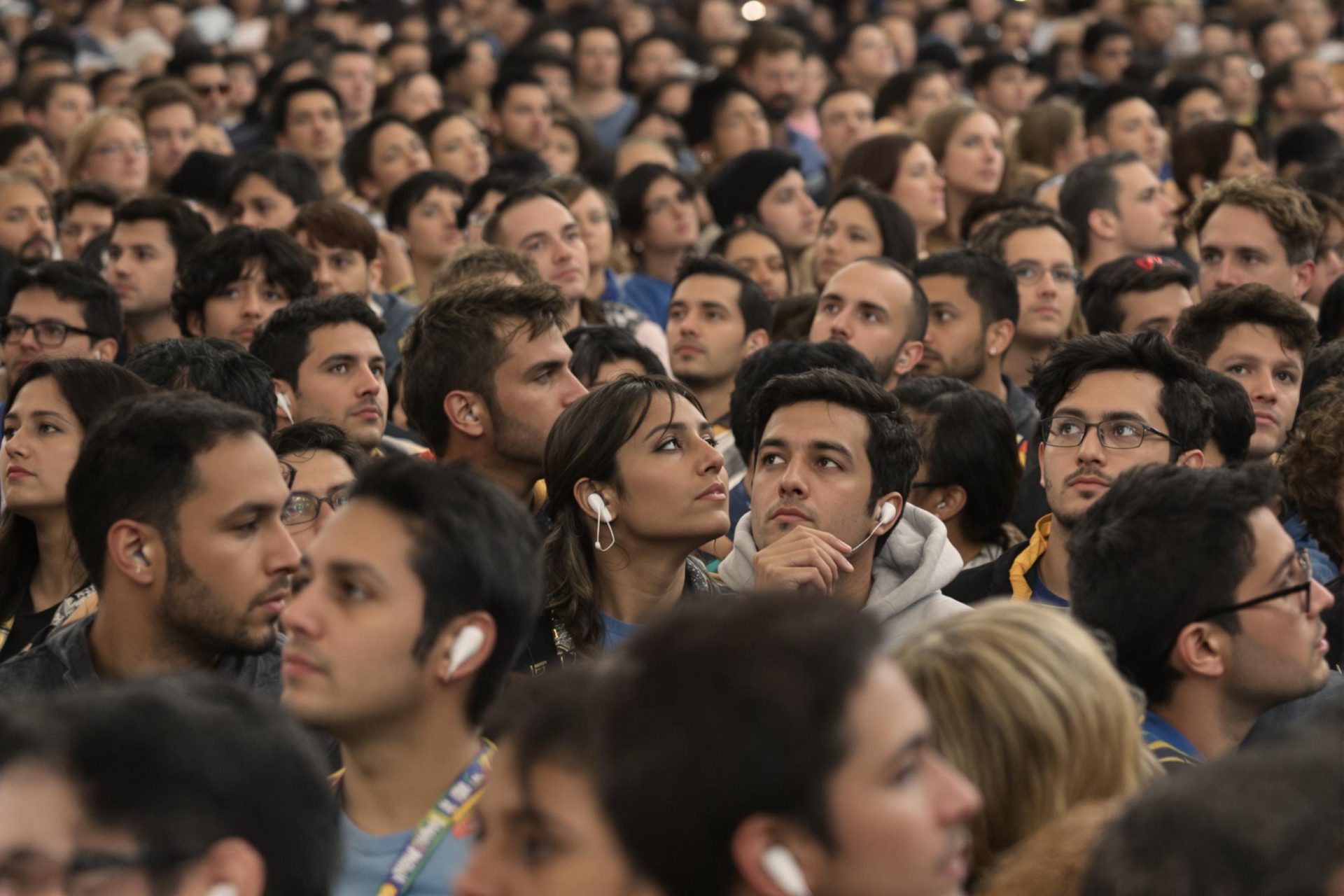Key Takeaways
- Spotify CEO Daniel Ek envisions using AI to translate the platform’s 7 million podcasts into many languages, breaking down barriers for global creators.
- The goal is to significantly expand the reach of content currently limited by language, fostering creativity and knowledge sharing.
- Spotify continues to grow, adding 5 million subscribers last quarter, and is expanding into video podcasts and music videos.
- Ek emphasized Spotify’s role in promoting diverse voices and supporting creators, citing payouts and standing by controversial figures like Joe Rogan.
- The company faces ongoing competition challenges, particularly with Apple’s App Store rules.
Spotify CEO Daniel Ek has a bold vision for the future of podcasts: imagine a world where language is no longer a barrier. He believes AI could soon translate millions of podcasts, currently available in many languages, into English and potentially others.
Ek painted a picture where a world expert from Indonesia, for example, could reach a global audience without needing to speak English. AI could handle real-time translation, unlocking vast potential for creativity, knowledge sharing, and entertainment, according to an interview with the New York Post.
This ambition aligns with Ek’s goal to make Spotify a platform for “more voices, more artistic expression, more conversations.” With 678 million users worldwide, Spotify is already the largest audio streaming service.
Ek noted the significant growth in podcasting’s popularity, stating that while awareness has jumped, there’s still a large untapped audience. He expects more global voices to emerge on the platform.
To support this, Spotify has increasingly integrated video, offering video podcasts and now full-length music videos, encouraging artists to experiment with different formats.
Recent earnings reports confirm Spotify’s steady user growth, adding five million new subscribers in the last quarter alone.
Ek finds inspiration in the internet’s ability to nurture niches. He explained how platforms like Spotify allow seemingly small interests, like country music, to find massive global audiences, spreading from the US to Europe and Southeast Asia.
Connecting people has always been key for Spotify, which started as a legal alternative to peer-to-peer file sharing, aiming to compensate artists while offering instant streaming.
While facing criticism over artist payouts per stream, Ek highlighted Spotify’s significant financial contributions, mentioning over $100 million paid to podcast creators last quarter alone.
He also defended the platform’s decision to support controversial figures like Joe Rogan, emphasizing the importance of providing a space for diverse viewpoints and debate, even on sensitive topics like COVID-19 responses.
“We want Spotify to be the place for all voices,” Ek stated, extending this principle from podcasters to musicians worldwide, like punk bands in Myanmar.
Ek also addressed the challenges posed by tech giants like Apple, criticizing their App Store rules as anti-competitive barriers that hinder platforms like Spotify.
Despite these hurdles, Ek remains optimistic about creating a “level playing field” and continuing to refine Spotify, admitting the platform’s recommendation algorithm still has room to improve in delivering that “magical thing you didn’t even know that you liked.”



